Note: This newsletter has a photo of the recent solar eclipse. If your cultural beliefs/practices include not looking at the eclipse, but you would like to read this week’s newsletter, please reach out to me for a copy of the text without images.
Once again, too much time (what I feel is too much time) has elapsed since my last missive to you.
Most of my writing recently has been free-form, fluid scribbling during Grief Studies, a class I’ve been taking for the past month and a half, taught by
. I remember the desperation I felt when I applied for class—I saw Fariha’s description of the class and knew immediately how badly I wanted to be a part of that container. For the past year, probably longer but at least the past year, I have felt deadened by the weight of grief. Personal grief, collective grief, grief I know intimately, grief I don’t fully understand. It is heavy, it is everywhere.For a long time, I envisioned grief as an ocean, and I saw myself as a scrap of driftwood floating in the endless blue. Yet, when I sat in our first session of Grief Studies, a new vision of grief came to me. I wrote in that first session:
Grief is a forest, ever-growing. Redwoods and pines, birches and mangroves. Grief is the forest that came before us, before all of us, when the whole world was a forest. Because this used to be a borderless place, trees growing around and toward one another, roots intertwined, temperate running into boreal running into tropical. Grief continues growing long after the first seed is planted. Rings reaching outward from their small, tender centers. We are here because we saw so many trees burned, so many trees cut down by swinging axes. We forgot how to feel the bark under our fingertips. When we look up, we expect blue sky or dark clouds. Oh, but what about the many-textured, many-hued leaves? Why don’t we expect to see them overhead? We are stepping into the old-growth forests, we are stepping carefully to avoid snapping slender saplings. Grief is the forests, and grief is each tree in the forests. Trees only starting to grow, trees that have been here for decades, centuries. Trees we know intimately, by sight and touch. Trees we have never seen before. They are all here, together.
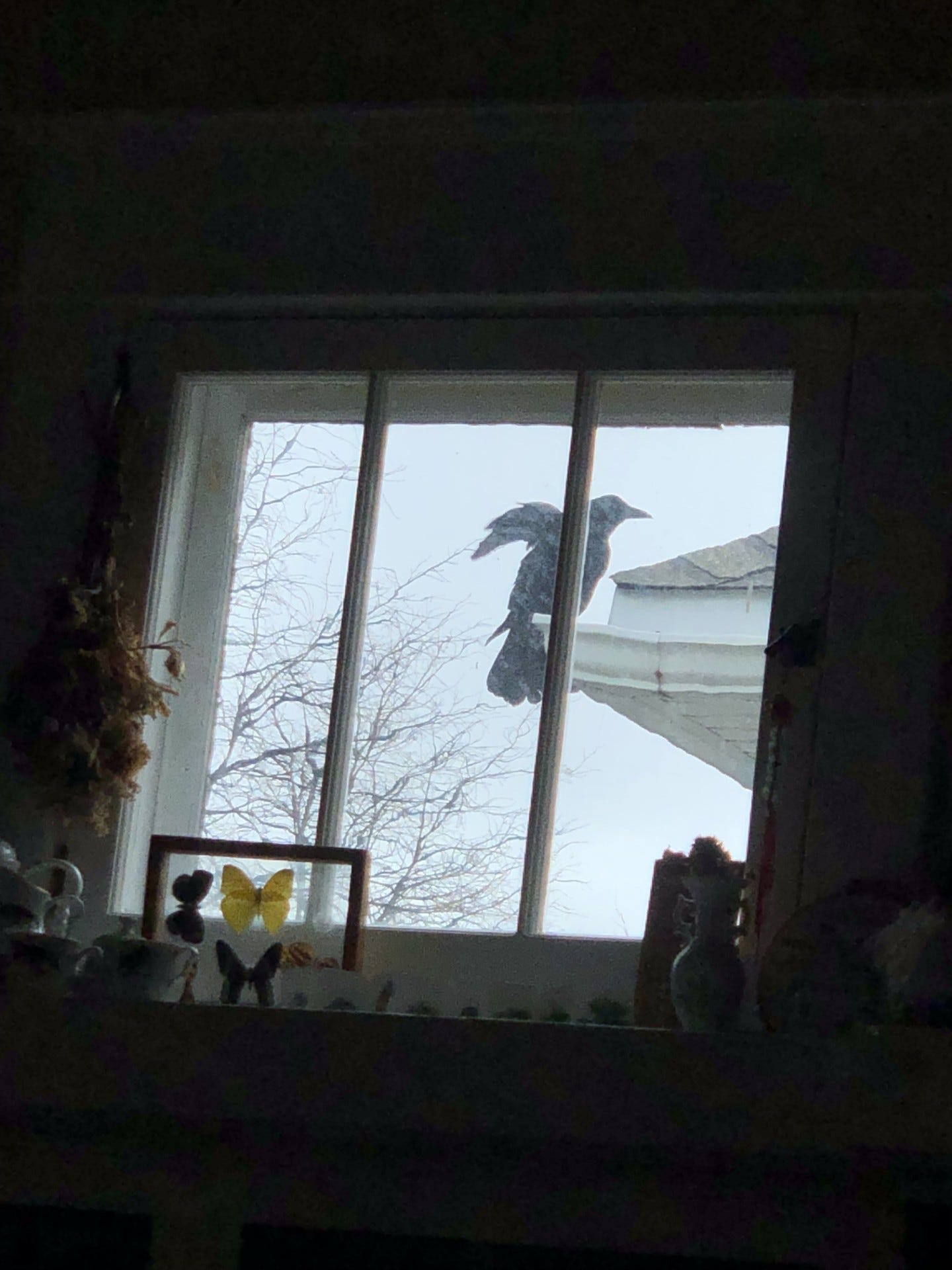
I don’t know what shifted my understanding of grief; maybe just sharing space with so many other beautiful souls, sharing our griefs, brought me a new sense of the world. But I find that I can no longer view grief as one overwhelming, seemingly endless mass of water. Even my own grief, which used to feel unnamable and totalizing, is visible to me now as so many different growths of grief—similar but not the same. From that very first class, I found my fundamental understanding of my experience of the world evolving.
As spring has finally arrived in earnest, so too have my seasonal allergies. The morning we were set to go get matching tattoos in honor of our wedding, I woke up with horrific sinus pressure. It didn’t stop me from going to get a tattoo, of course, but the first few days of allergy season really took it out of me. And yet, imagine my surprise when I found myself writing about my allergies in class, responding to the prompt, “When you observe and locate your grief now, six weeks later, what stands out?” I wrote:
The first few times I tried to use a neti pot, hardly anything happened. The water seemed only to trickle; salt water crept into the back of my throat, choking me. Jo was helping me, so I felt pretty sure that I was doing everything correctly. Finally, we realized that my sinuses were so full, and my nostrils were so swollen, that the water couldn’t actually get into my sinuses at all. So, I kept drinking mugs of peppermint tea and taking scalding showers, filling up any space I entered with steam. Each day, I’d try again to rinse my sinuses, then return to my showers and tea. Until one afternoon, I felt a shift: the cold water entered my nose and began to work its way out the other nostril—slowly at first, then as a steady stream, pushing out a thick sludge of mucus the color of a yellow-green crayon, artificially bright and yet decisively natural. The change in my sinus pressure caused my ears to pop, and I realized how muted my world had become when my allergies first set in. The slimy globs of mucus continue to build, but I can rinse them, flush out the germs, help myself to breathe more clearly. That is what my grief has been over the past six weeks: at first, so thick and heavy that it couldn’t be moved, and now—after steady, intentional attention and care—more able to move with ease.
I know, it’s a disgusting metaphor. But it’s true! I’ve felt my capacity to move through and with grief expanding, and I’ve found myself better able to hold the array of emotions that have been present as a result.
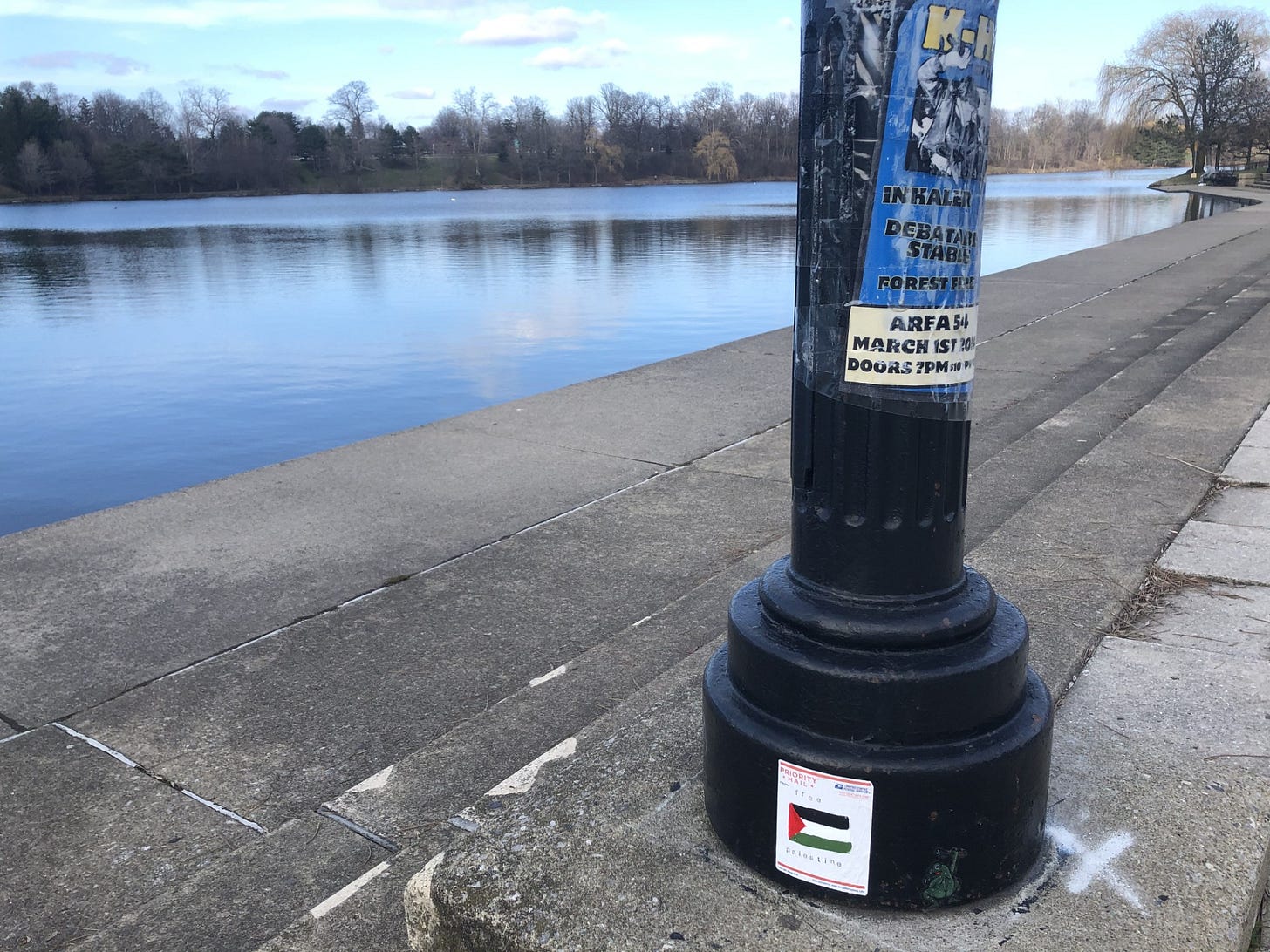
Often, the emotion I feel the most intensely is rage. At times, I don’t understand how anyone could be feeling anything but rage. Genocides and crimes against humanity are unfolding in Palestine, Sudan, Nigeria, Syria, Afghanistan, Ukraine, North Korea, Myanmar, China, Ethiopia, and the Democratic Republic of the Congo.1 And the US either does nothing or supports these genocides—unsurprising, giving our historical (and present) global imperialism and genocides of indigenous peoples. Even within our nation’s borders, genocidal rhetoric has been used against trans people, and violence against queer and trans people is on the rise. We are witnessing horrific acts, and there are far more horrors that we aren’t witnessing. I rage against my sense of helplessness, against the fascistic systems and people in power creating that sense of helplessness. I rage against injustice, against willful ignorance.
Rage isn’t only for our collective grief. My dad’s illness, strained relationships with family, the constant threat of anti-trans violence—I am infuriated by the weight of all I have to carry, by the unfairness of it.
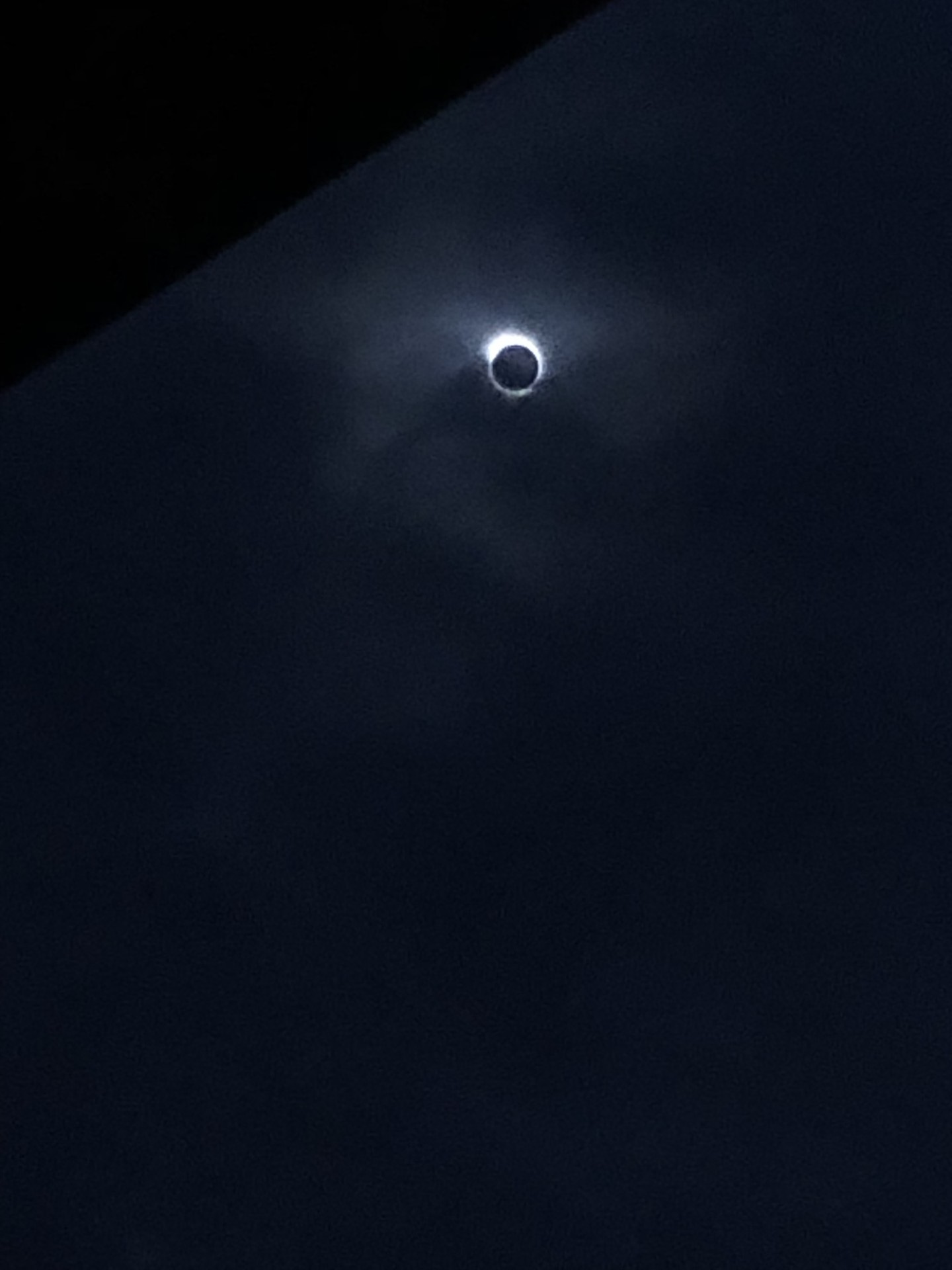
It isn’t all rage. There is sadness, too, so much sadness. Since my mucus-y grief has begun to dislodge, I’ve found myself crying often. Over these very present, grief-inducing circumstances, but also when thinking about past sorrows that I never fully processed. Friendships that ended without me understanding why, and the death of my close friend in high school. The times that my life unexpectedly deviated from my careful planning. Relationships that are worse than strained.
I’m also pretty sure that some of my recent crying is because I’m having top surgery tomorrow.
I don’t know why I didn’t tell you all that sooner. I had my consultation at the end of February, thinking that I would schedule for sometime in June, but it ended up being scheduled for April. I guess maybe I didn’t tell you because I was afraid of jinxing it. I still am—part of me is convinced that I’ll show up to the hospital tomorrow and nothing will happen. I don’t know why I feel that way.
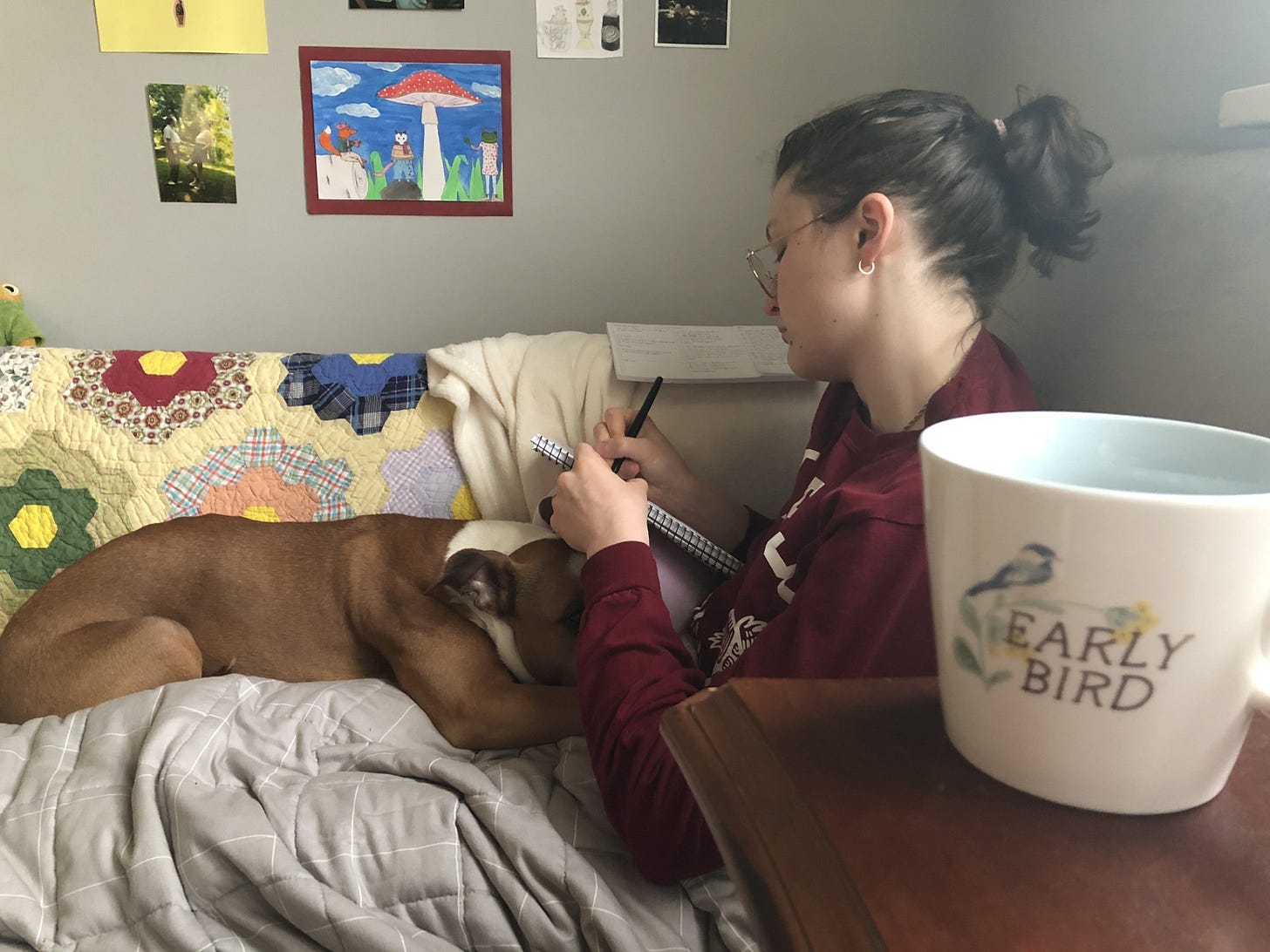
Jo, Marmalade, and I have been preparing in earnest for surgery and recovery. And at this point, I feel as prepared as I can be. The crying feels out of place; I’ve wanted top surgery for years, and I’m not that anxious about the surgery itself. Just my normal amount of anxious, really—which is probably a testament to the combination of Lexapro and Wellbutrin that my psychiatrist and I have found to be the most successful. I’m anxious about being at the right place at the right time and vaguely worried about the procedure itself, though I like my surgeon and trust the medical staff. It’s natural, I think, to be anxious about those things. I’m more anxious about recovery, which I anticipate being difficult and painful.
Some of my crying, I think, has come from thinking about little me. A young person so worried about puberty that I slept on my stomach in too-small training bras in the hopes that it would keep my boobs from growing. (It didn’t.)
Part of the process for getting top surgery is demonstrating my persistent gender dysphoria and the ways that having top surgery will improve my life. So, I’ve been talking to therapists and doctors about that little me, who was sad and scared and really confused as to why I was sad and scared. Part of me wishes that things had been different for that kid—that I’d had the words to talk about my transness when I was that young. Another part of me, the part of me that knows there’s no point in wishing I could change the past, is grateful that little me experienced that time in my life the way I did, since the story of that time has been essential to the process of getting top surgery. I suppose things were always meant to happen the way they did.
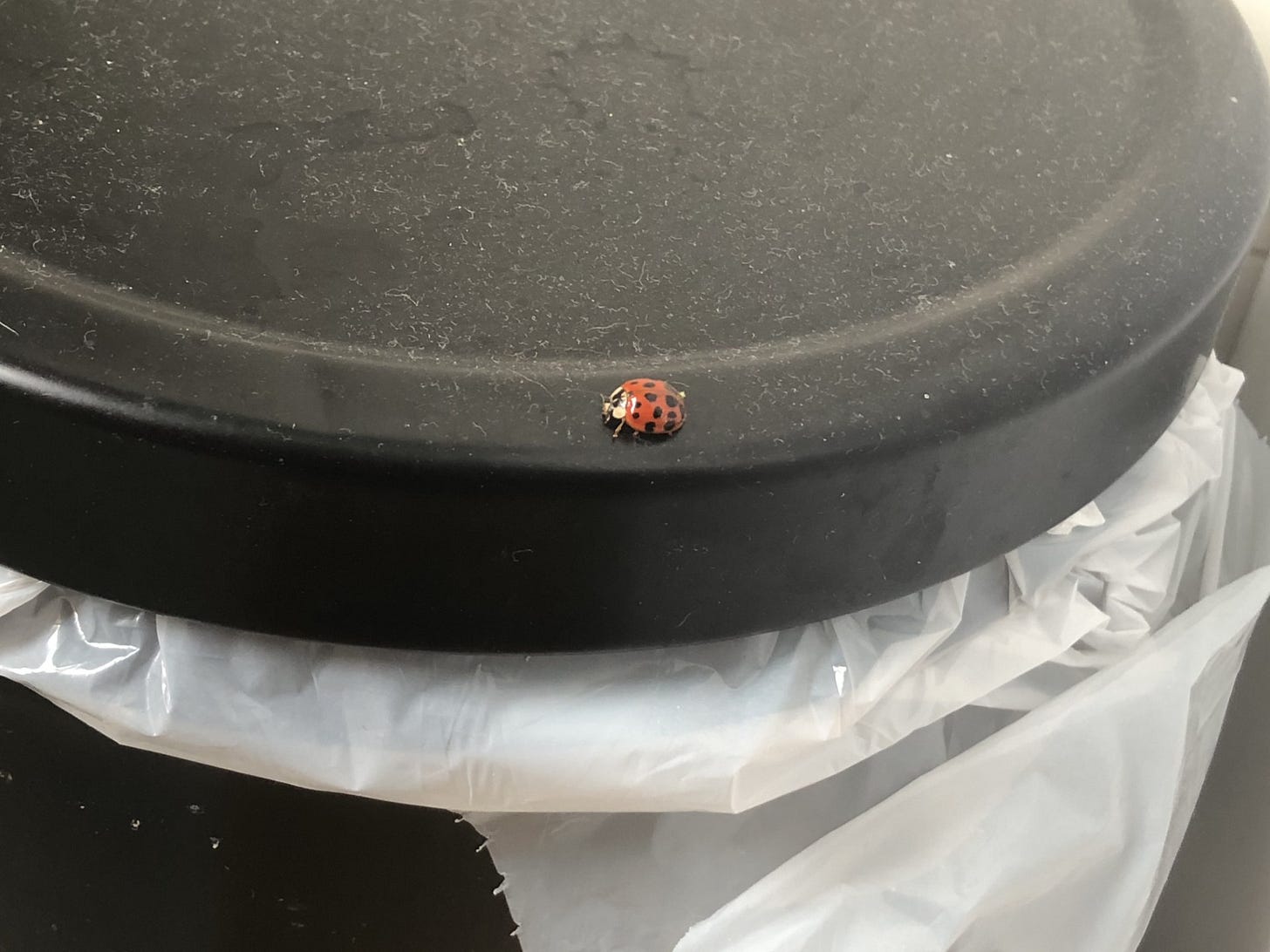
Some of the crying, though, is only tangentially related to my surgery. Last week, Jo was dealt a shitty hand, and we’ve been trying to navigate that ever since. It’s been stressful and complicated, and there’s no end in sight. I want life to be easier on Jo, who is good and kind and caring, who always tries to do right by everyone, who always tries to help everyone. To be perfectly frank, it feels like they can never catch a fucking break.
I’m ashamed to admit that there is a small, selfish part of me that wants to throw a tantrum about the unfairness of it all. Not just that Jo has so much shit to deal with, which I feel is a perfectly justified reason to through a tantrum. I want to throw a tantrum because that small, selfish part of me feels like I have had to deprioritize my needs time and again to deal with whatever shit comes up. That part of me resents the people-pleaser in me, which tries to always be agreeable and compromising—even if I don’t agree, even if I don’t like the compromise. In the past, I tried to appease that part of myself by saying I really wasn’t the priority, other people or things needed more attention, I could tolerate the discomfort or frustration, I would get to be the priority when I really needed the attention. I told that part of myself that surgery would be the first (maybe only) time in my post-college life that I would need to be the “center of attention.” But now, we’re trying to figure out a lot of urgent, important shit, and we’re both stressed and worried, and I haven’t even had time to discuss my surgery with my therapist, and now surgery is tomorrow and that part of me feels certain that I have to put myself last even if I’m uncomfortable or frustrated because, really, I’m not the priority. That is what that part of me wants to throw a tantrum about. Just writing the words has me feeling so ashamed and gross. It’s all uncomfortable and exhausting and making me cry too much. I want this to be a happy time in my life—something I’ve wanted so badly is finally happening! And that part is happy. It’s just surrounded by other parts with other feelings.
But I keep telling myself that everything will work out. That it’ll be okay. Last week, as the shit started to unfold, I saw a ladybug in the bathroom and remembered the ladybugs that used to crawl on my arms the summer my best friend died, when I spent hours at a time in the backyard convinced that he was visiting me as those little insects. And it made me sad, but it also reminded me that there are forces and beings in this world that are looking out for me, and Jo, and all of us.
So. I have surgery tomorrow, unless my weird fear comes true. And it will be difficult, and all the other things we’re dealing with will be difficult, and we’ll deal with it all anyway. Even when we’re sad and angry, we can do difficult things.
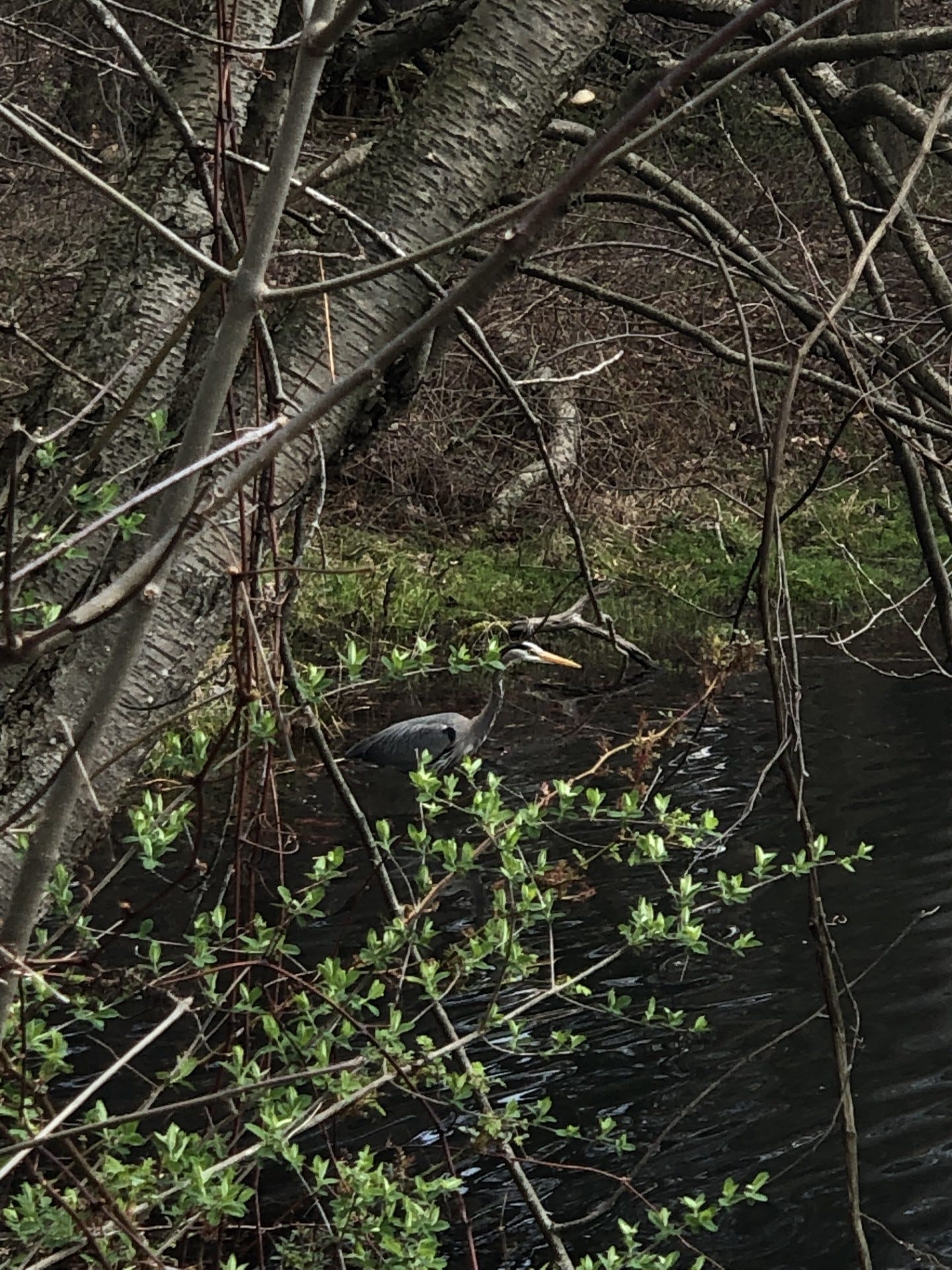
Israel is committing genocide against the Palestinian people; the Sudanese government is committing genocide against the Darfuri people of the Darfur region; Boko Haram and Islamist extremist Fulani herders are committing genocide against Christians in Nigeria; Bashar al-Assad’s regime in Syria, as well as Turkey and ISIL, are committing genocide against religious minorities (including Christians, Yazidis, and Shi’ite Muslims) and the Kurdish people in Syria; the Taliban, al-Qaeda, and ISIL are committing genocide against the Hazara people in Afghanistan; Russia is inciting genocide and committing crimes against humanity against Ukrainians; the North Korean government is committing crimes against humanity against civilians, including Christians, people with Chinese ancestry, and people at the lowest level of North Korea’s socioeconomic caste system; Myanmar’s government is committing genocide against the Karen and Rohingya peoples; China is committing genocide against Tibetans and Uyghurs; Ethiopia and Eritrean military forces are committing genocide against Tigrayans, and Ethiopia is committing crimes against humanity against Oromo, Amhara, Somali, and Agaw peoples; genocidal acts and crimes against humanity have been committed in the Democratic Republic of the Congo as a result of decades of conflicts—closely related to the Rwandan genocide and the DRC’s natural resources—involving the DRC’s army, M23, and more than a hundred other rebel groups.




